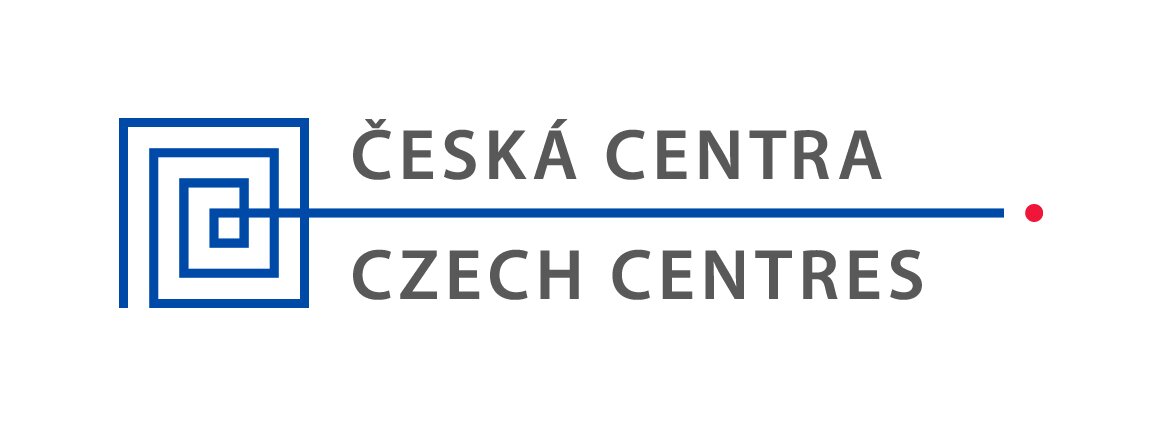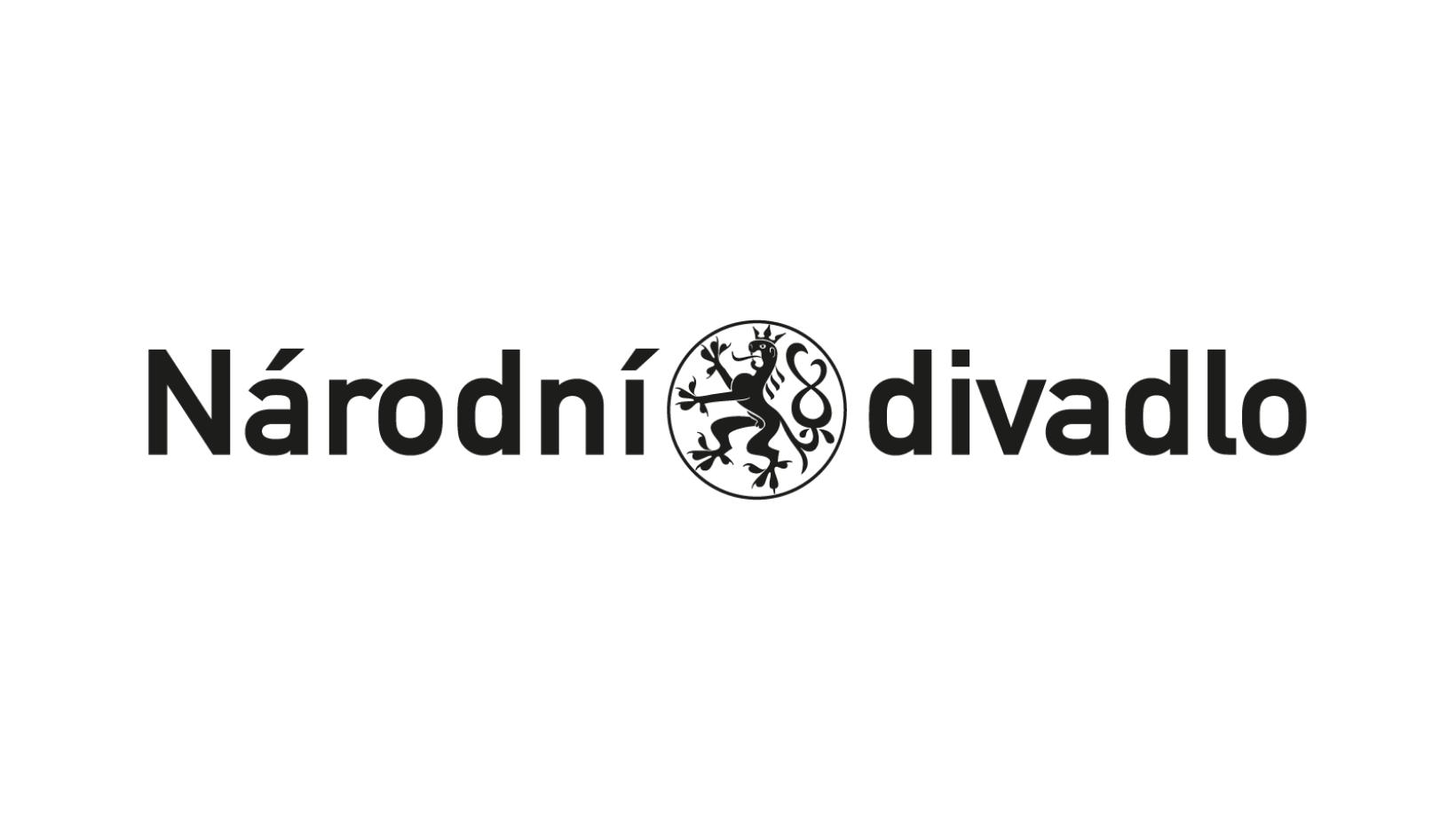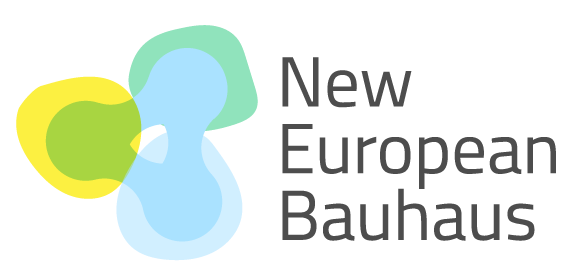
Plants matter.
We are literally surrounded by plants. From food, textiles, or building materials, plants are present in nearly every single aspect of our lives. Yet we often tend to overlook their true potential, putting nature against culture, neglecting the symbiotic relationship between the two. Plants are the silent spectators of anthropocentrism, ending up as disposable, temporary decoration at best, despised invasive weeds at worst.
Plants as medicine.
People have been using plants as medicine for as long as we can remember. Even today, 80% of global population still rely on medicinal plants as their primary source of healthcare. Nearly 66% of current medical treatment is based on, or inspired by plants and active ingredients derived from them. But tragically, deforestation and other climate change-induced phenomena are driving biodiversity loss, taking away the potential to find new medicines as well as the natural and cultural heritage kept for centuries by indigenous communities, the ultimate guardians of the traditional plant knowledge we have all been benefiting from.
So, driving inspiration from our own evidence-based academic research, we create interdisciplinary projects and experiences that raise awareness of these topics through the transformative power of arts, culture, design and related disciplines. This way, we believe, the important scientific work will indeed positively impact our society, triggering emotions and action when needed the most.
Our mission.
Our mission is to raise awareness about the role of plant biodiversity for medicine and human health.
We create public space installations, debate forums, practical workshops, educational content or community outreach activities by combining traditional plant knowledge with evidence-based research and innovations.
Using the transformative power of arts, culture, design, and other fields of creative expression as a vehicle for social change, we create impactful projects that result in better understanding of the natural world.
What we do
Haenke was conceived in early 2017 by Julien Antih and Alexandra Strelcova, with the aim to provide a reliable source of information about the uses of plants in medicine and human health. The idea came about as a result of frustration over the lack of evidence-based knowledge being available in formats that wider public, and especially younger generations, could understand.
Since then, we have worked with artists, designers, architects, and photographers to create experiences, objects, installations, photoessays and other physical and online projects with the aim to raise awareness about our cause. Together, we design and implement installations and other types of events in galleries, public spaces, music venues, art and design fairs as well as outreach activities that help understand the role of plants and nature in various community settings.
Our work was featured in major international magazines, and received several architecture and design awards.
We regularly publish in the media, usually showcasing ideas and talent from design, environment, sustainability, arts, education, human rights, and more. We have co-authored academic papers published in high-impact journals, and designed university courses focused on environmental sustainability in culture or creative fields.
We curated the first Czech podcast dedicated to exploring nature and plants, interviewing eminent personalities from the world of arts, design, science, or education (2020 - 2021).
We work with photographers, editors, designers, and brands in order to further encourage mise-en-scene of important plants and related stories through media editorials. Selected work: Forbes, Elle Decoration, Marie Claire, Harper's Bazaar, Vogue Czechoslovakia & others.
Since 2022, we are official partners of New European Bauhaus.
Our Partners & Collaborations
In the media
“Yet of these beings that make up nearly the totality of living things, which have literally formed our planet, and on which all animals depend - humans, obviously, included - we know extremely little, almost nothing.”

























